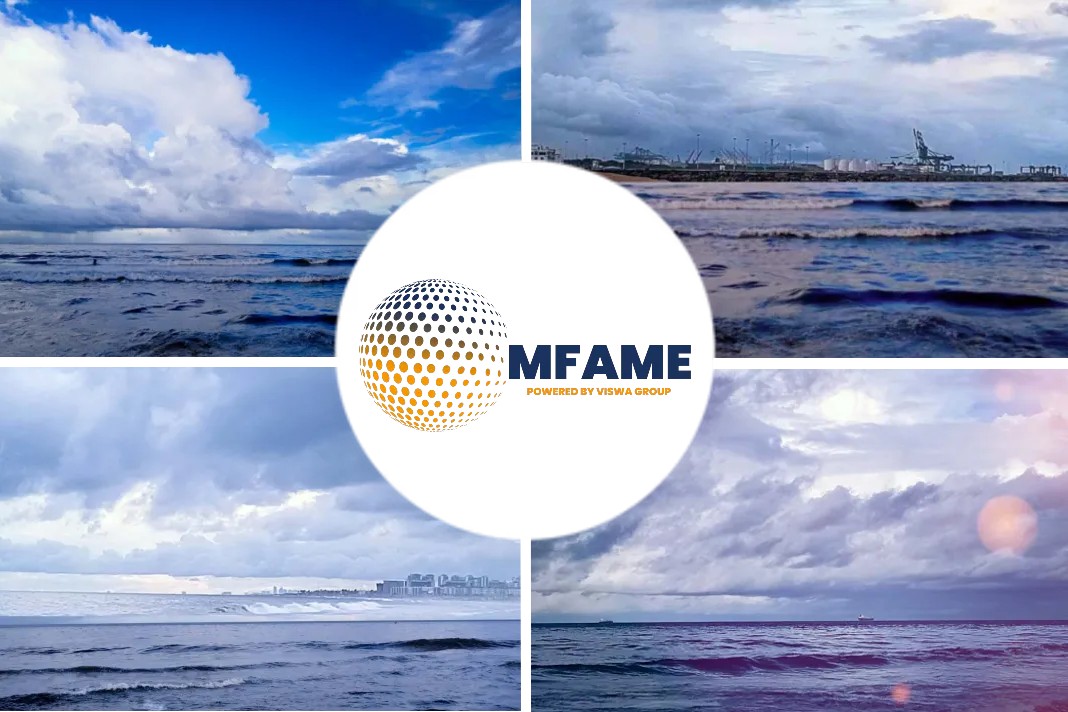
Tanker industry challenges and opportunities from Lloyd’s Register perspective, states a Sea Trade Maritime news source.
Global Tanker Segment Director
In this interview, we speak with Nikos Michas, Global Tanker Segment Director at Lloyd’s Register, about the current challenges and opportunities in the tanker segment.
Nikos discusses the challenges of decarbonisation, the impact of geopolitical factors, and the new requirements for vetting inspections. He also shares his views on the state of the tanker market and how he sees it changing in the next few years.
Seatrade Maritime: What are the current challenges for the tanker segment and how is Lloyd’s Register helping its clients address these?
Nikos Michas: The biggest challenge in shipping today is decarbonisation. How will tanker owners manage the requirements for the renewal of their fleet? We know that today’s fleet is quite old so they need to renew but there is uncertainty about how to move forward.
This means which fuel they have to choose – conventional or alternative fuel – then which energy saving devices to install to the vessels to make them more efficient.
In Lloyd’s Register, we have our Decarbonisation Hub in our advisory department to help owners with feasibility studies, and to show them some of the ways, because there’s not one way, to suggest to them which may be the best way for them to go.
We also have made various studies for fuels, which we call “Fuel for Thought”. We’ve studied all the aspects of new fuels and created a retrofit guide, to support owners of the existing ships in how they can change the equipment they have with the new equipment that can sustain the new fuels.
Also, our digital transformation systems can help the owners to check their voyages to make better planning, voice planning systems, that also helps efficiency.
This is the most important challenge, but we also have some other ones. Like your political factors that we showed last year that say the trade pattern of the vessels and tanker industry is always very sensitive to geopolitical factors.
And last one, I could say that the vetting inspections will now have new requirements with SIRE 2.0. So Lloyd’s are heavy with ROV (remote-operated vehicle) surveys and with in-person CAP (Condition Assessment Programme) surveys to have the vessels ready for the inspection for the majors.
SM: What is your view on the state of the tanker market and how do you see this changing in the next few years?
NM: Today we face a good time for the tanker industry.
We had a few years when the tankers were struggling with very low rates. Last year, we had a huge boom in rates that was unbelievable. Today it looks like it is going a little bit down but at sustainable levels. It’s still profitable and quite healthy. We expect that this will remain both for tankers and for product carriers, but for crude we see that China is reopening and new emerging markets in Africa will need a lot of crude oil for product tankers, the new situation with new fuels that we need, we need cleaner products. Also, the chains of trade partners and their refineries in different positions give opportunities for more vessels in the water. I believe that the following years will be positive for both crude tankers and product tankers.
SM: How is the situation with newly built shipyard slots affecting tanker orders?
NM: We know that in the last few years, we have had a very low order of tankers. Today’s 5% of the fleet is extremely low, the lowest for decades.
Unfortunately for the tanker owners, the shipyards are full of LNG carriers and container vessels that have been ordered heavily in previous years. And there are not so many slots, especially in Korea, and in China as well, but they may be easier to find.
There are some possibilities for new yards to reopen, mostly in China, but what I see is that the owners, the tanker owners are again out in the market, looking. Some of them are reluctant because of the high prices now. Also, they are not sure what to order, I mean, what fuel they have to choose for their vessels.
We work with them on a consultancy basis about this. But we believe that in the following years, we will see big tanker orders, maybe more than 400 crude oil tankers per year and 250 product tankers.
Did you subscribe to our daily newsletter?
It’s Free! Click here to Subscribe!
Source: Sea Trade Maritime















